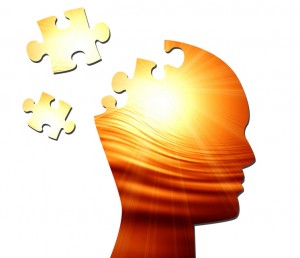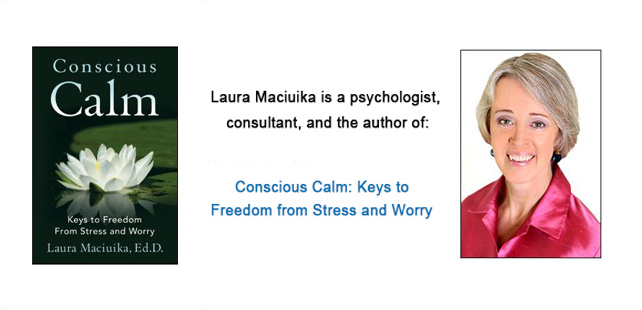 In a recent post I talked about some of the hidden effects of “stress breathing,” or breathing only as far as the chest area. There is an additional hidden effect of that shallower, tighter way of breathing; that’s the effect on your emotions.
In a recent post I talked about some of the hidden effects of “stress breathing,” or breathing only as far as the chest area. There is an additional hidden effect of that shallower, tighter way of breathing; that’s the effect on your emotions.
Our emotions can affect our breath, of course. When we are feeling calm and centered our breath more naturally moves into a slower rhythm, and we are more likely to breathe into our diaphragm. But when we are stressed or anxious, stress breathing is more common, with shallower, tighter, faster breath.
This goes in both directions: how we breathe also can affect our emotions. One of the consequences of stress breathing over time can be less bandwidth to notice and feel emotions themselves more fully.With chronic stress breathing, the more shallow, tense breath only goes in as far as the upper or mid chest area. When the diaphragm is tense and shut down, this tightness in the abdomen also prevents us from being able to access our emotion as freely. This can lead to just feeling a few, stronger emotions when they get intense and obvious enough, like anger or burst-into-tears frustration. Or it can lead to grouping all kinds of emotions into one catch-all phrase, as in “I feel so stressed out!!”
To feel our emotions more fully, it’s helpful to learn to breathe into the abdominal area. This can take a little practice – some estimates suggest over 50% of all adults use chest breathing most of the time. Breathing through engaging the diaphragm is the natural way to breathe. When we breathe more slowly using the diaphragm, this allows us to break the habitual stress breathing habit that mimics fight or flight. Our bodies can move into relaxation. And we can become more aware of our emotions.
Emotions come in to give us information. We are wired for emotions to come through our bodies, give us information about our experience, and then move on or subside. Learning to breathe using the diaphragm creates more relaxation in the body. It also creates the possibility for us to receive the information about our lives that the emotions are trying to give us. We can be more relaxed, more energized, and more informed and clear about our lives and experiences.


